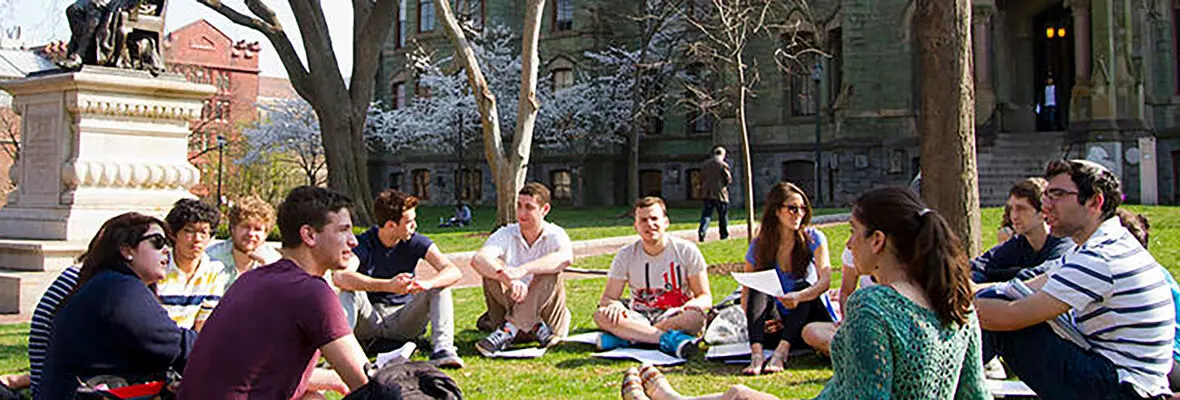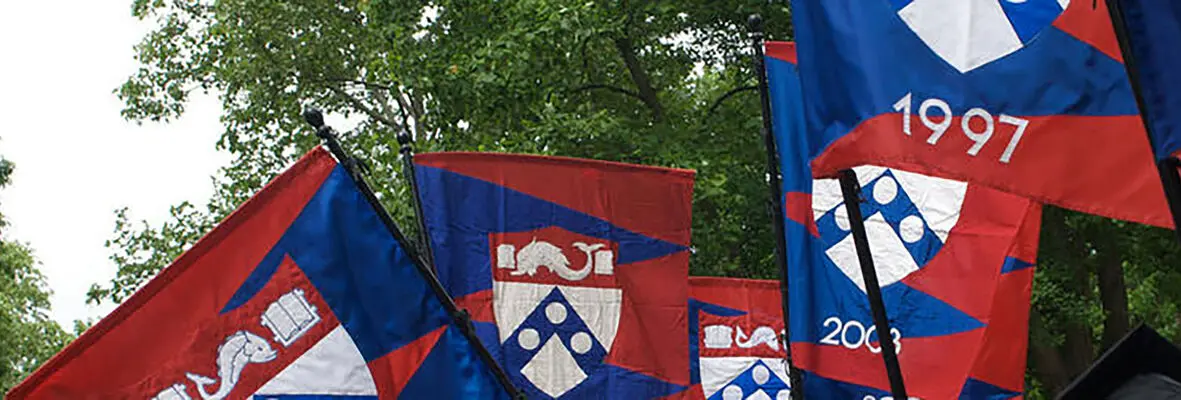Predoctoral Training Grant in Cell and Molecular Biology
NIH-funded training grant T32 GM007229 has supported a training program in Cell and Molecular Biology at the University of Pennsylvania for over 40 years. This grant supports the stipends of 10 predoctoral stage students/year. The program also provides funds to support additional training activities.
The mission of this NIGMS-supported training program is to provide a broad predoctoral program that integrates interests of a variety of scientific fields including molecular biology, biochemistry, biophysics, microbiology, physiology, developmental biology, cytology, and genetics--fields that were once almost completely independent of each other. Cell and molecular biologists are at the core of scientific research, investigating the basic structural and functional units of life (cells) and how information encoded in the genome is expressed and regulated to direct cell function. Once reliant primarily on microscopic methods, experimental approaches in cell biology now take advantage of ultrastructure as well as biochemistry, genetics, and molecular biology, and utilize a diverse range of model organisms. In this post-genome sequencing era, molecular biology adheres to its rich tradition of elucidating underlying mechanisms that govern gene expression at transcriptional and post-transcriptional levels, but also embraces the power of genomics to understand gene regulation at a global level, ultimately leading to a better understanding of cell identity and function. Now more than ever students need to be broadly trained to address fundamental questions in cell biology that demand diverse approaches, including skills that range from single molecule analysis to interrogation of large data sets.
In addition to broad-based scientific training, this program facilitates that development of professional skills, including grant writing and oral presentations. We also expose trainees to careers beyond the traditional academic track and give trainees the opportunity to mentor junior students. Importantly, the training program enables students across diverse scientific disciplines and graduate groups to interact, forming relationships that would not have been possible under the traditional graduate group structure. Finally, the trainees are invited to participate in training grant activities throughout their predoctoral program, even after they have rotated off of the grant. Senior students receive extra mentoring and often assist with various activities of the junior students.
Congratulations to our new trainees!
We would like to cordially welcome Claire An, Diana Cruz, Taku Harada, Marisol Hooks, and Katey Stone to the Cell and Molecular Biology Training Grant! We look forward to a fantastic year of training grant activities, and hearing about your research!



